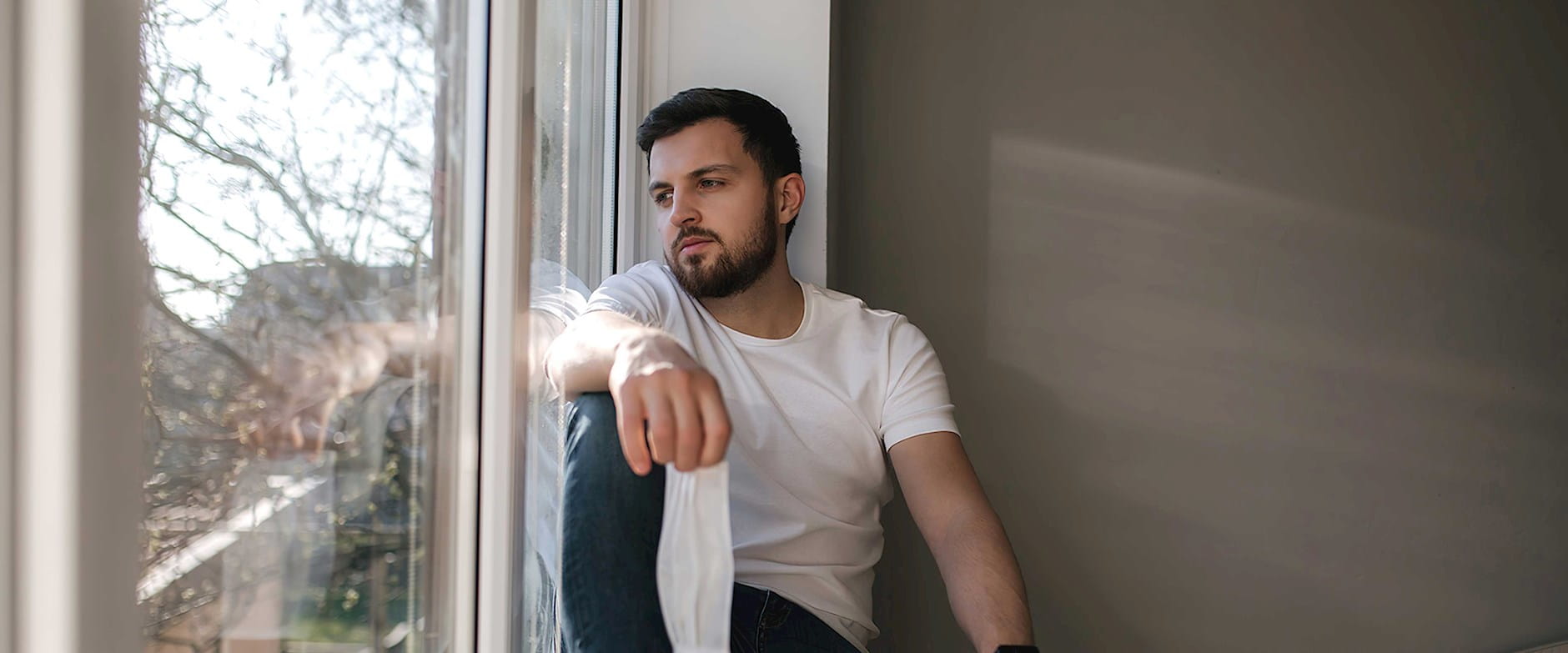
Data Privacy Is for the Privileged
Policies marginalize poorer consumers and consumers with niche tastes, disadvantaging small businesses.
Data Privacy Is for the Privileged
The loneliness some people may be feeling as a result of social distancing isn’t just an unpleasant side-effect of the COVID-19 pandemic; according to Chicago Booth’s Nicholas Epley, it's a major health concern of its own. A sense of social isolation can have a serious impact on a person’s physical well-being, Epley says—and that has economic consequences as well.
When epidemiologists crunch the numbers, they find that loneliness or social isolation, and the decrease in well-being that comes from it, is as big a risk factor for morbidity and mortality as smoking 15 cigarettes a day. That’s a stunning response.
When we try to connect with other people, it does seem to matter how we go about doing this. Modern technology gives us lots and lots of different options for how we have a conversation with someone, how we actually connect with them. We can sit down and we can type an e-mail to them, we can pick up the phone and we can call them, we can do what I am doing right now, which is engage in video chat.
What we found in our research is that the cue that seems most important for creating a sense of connection to somebody else is actually the presence of voice. That’s where we see the biggest gain in sense of connection or understanding of another person. The big difference is between more-intimate mediums that include voice, like the phone, or talking in a video chat like this, and media that do not contain human voice, like text-based media: texts, e-mails, FaceTime, or other ways you might connect with people via text online.
The voice seems especially powerful because it contains a lot of paralinguistic cues that actually convey the presence of mind to somebody else. You can hear me thinking in the way I speak to you. You can get a sense of the emotion that I’m feeling. You can get the content of my language as well, which connects you most closely to my mind at almost any given time.
And it is connecting through voice that seems most critical for creating a sense of connection with another person. I don’t think connecting over video, being able to see somebody, is going to have a negative effect. I doubt that. And my guess is that it has some positive effects, it communicates other kinds of cues to folks who aren’t able to talk with you. Our daughter, for instance, is not speaking yet, but she can smile to no end, and my parents love to see her smile over a video chat. That doesn’t come through on the phone.
But if you are able to talk with others, the voice really seems to have it, in terms of a sense of connection.
One thing I think this pandemic has brought to the fore is the importance of human health in all aspects of society, including the economic aspects. You cannot have a functioning economy if people are not healthy enough to go out and work.
And one of the things we know about social connection is that it is extremely important for human health. In fact, epidemiologists find that loneliness or a sense of disconnection from other people creates a psychological stressor that compromises your immune system and can make you more susceptible to all sorts of other illnesses and diseases, from the common cold to the flu. It increases cardiovascular disease—that is, it decreases cardiovascular health.
When epidemiologists crunch the numbers, they find that loneliness or social isolation, and the decrease in well-being that comes from it, is as big a risk factor for morbidity and mortality as smoking 15 cigarettes a day. That’s a stunning response.
When people feel disconnected from others, they are not well, physically speaking, and that is going to have meaningful downstream consequences on how well people go out and work, and how they function in the economy.
I think arguments about the importance of economics in society are obviously critical, but there are so many things that feed into those economic consequences, including lots of social forces, the kinds of social forces that we are all having disrupted right now.
In terms of policy, I would like to see human well-being prioritized as an important policy matter at the federal and at the state level. Countries that have people who are feeling well, they are happy, they are feeling a sense of connection to others, are more likely to engage positively with other people, and that’s going to have meaningful downstream consequences on how that society functions.
I think that’s a major policy issue.

Policies marginalize poorer consumers and consumers with niche tastes, disadvantaging small businesses.
Data Privacy Is for the Privileged
Merchants should be careful with the quantity limits they set on sale items.
When Retail Discounts Encourage Customers to Buy Less
The answer will have major implications for US and global markets.
If Big Tech Is a Problem, What’s the Solution?Your Privacy
We want to demonstrate our commitment to your privacy. Please review Chicago Booth's privacy notice, which provides information explaining how and why we collect particular information when you visit our website.